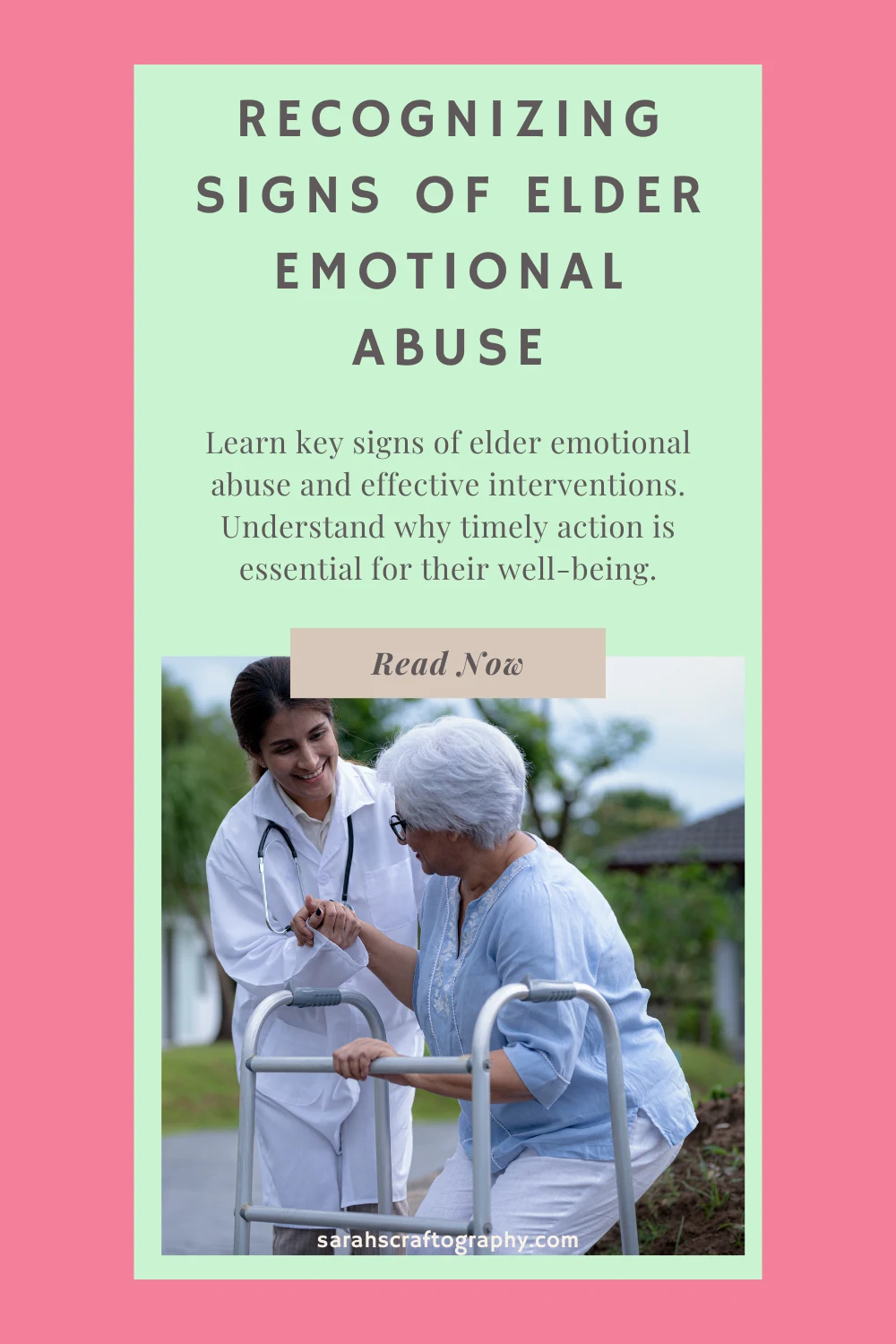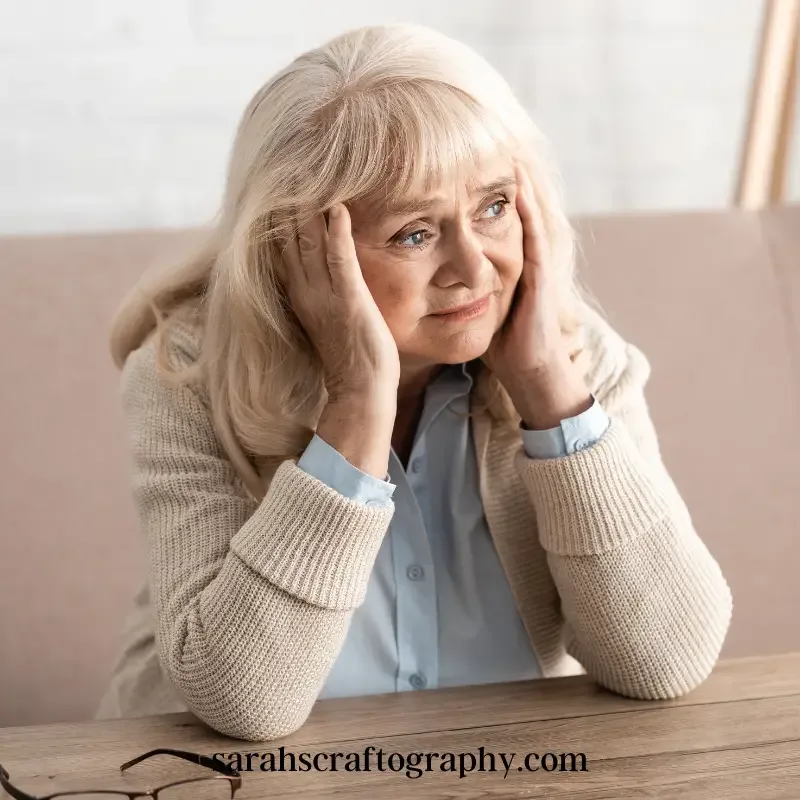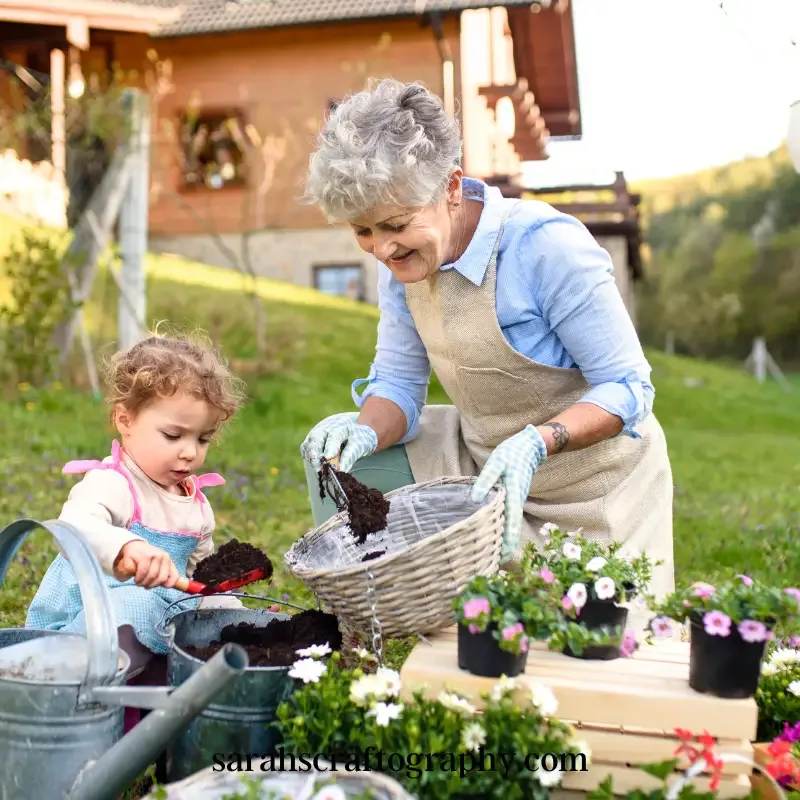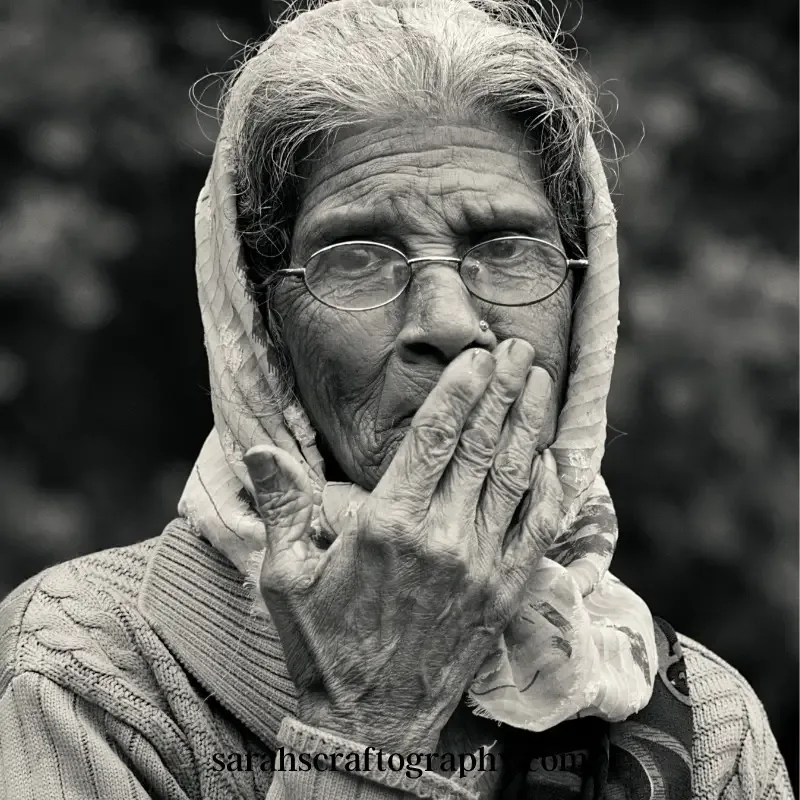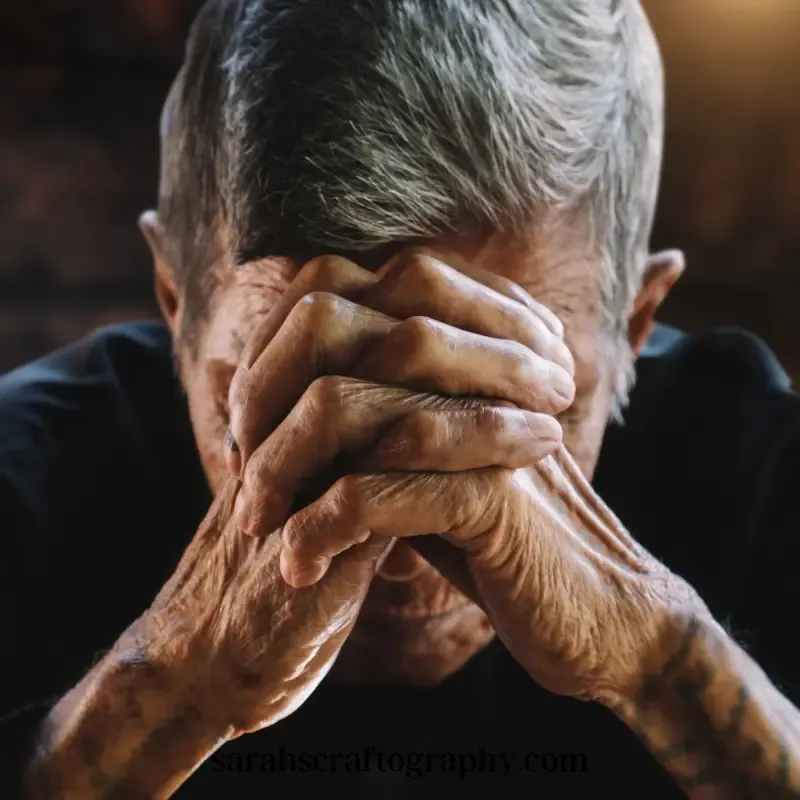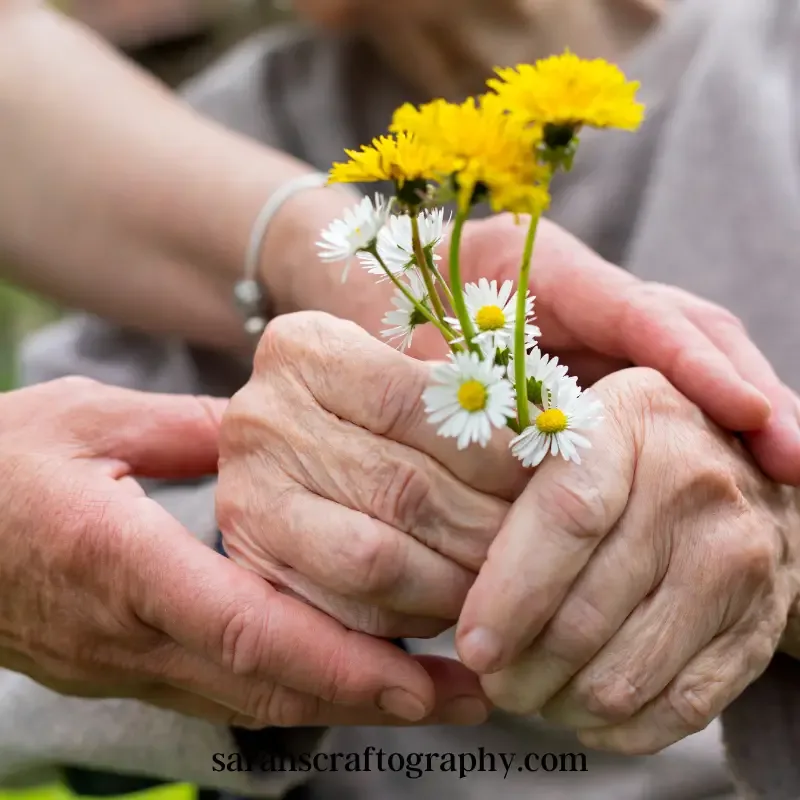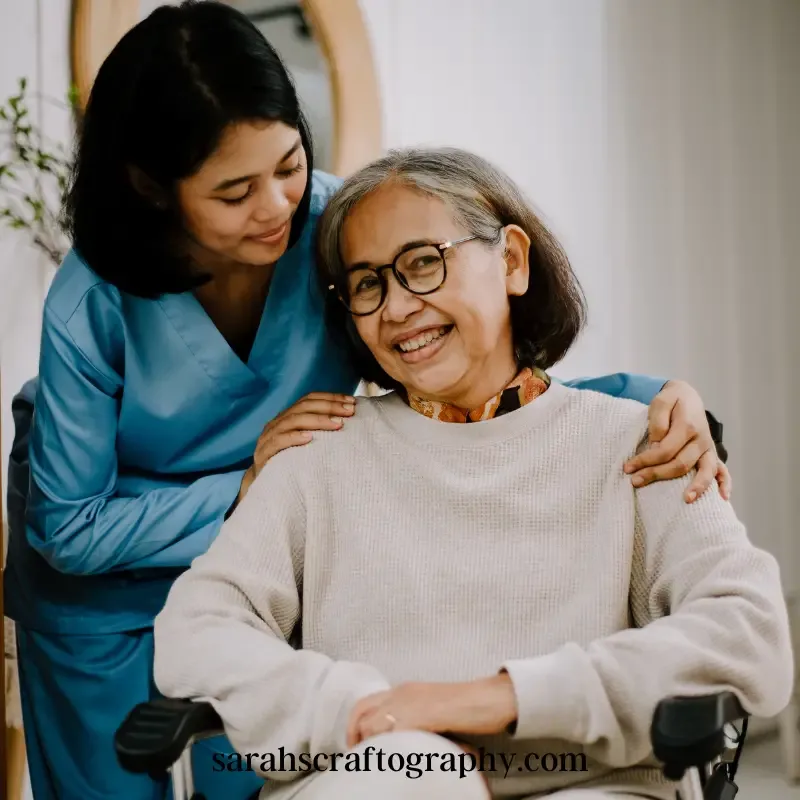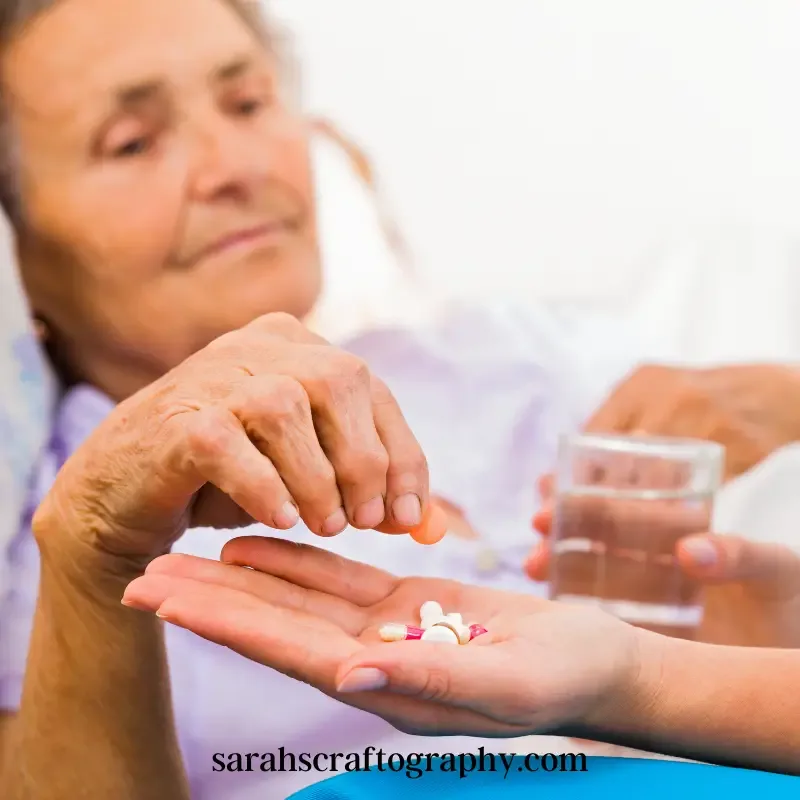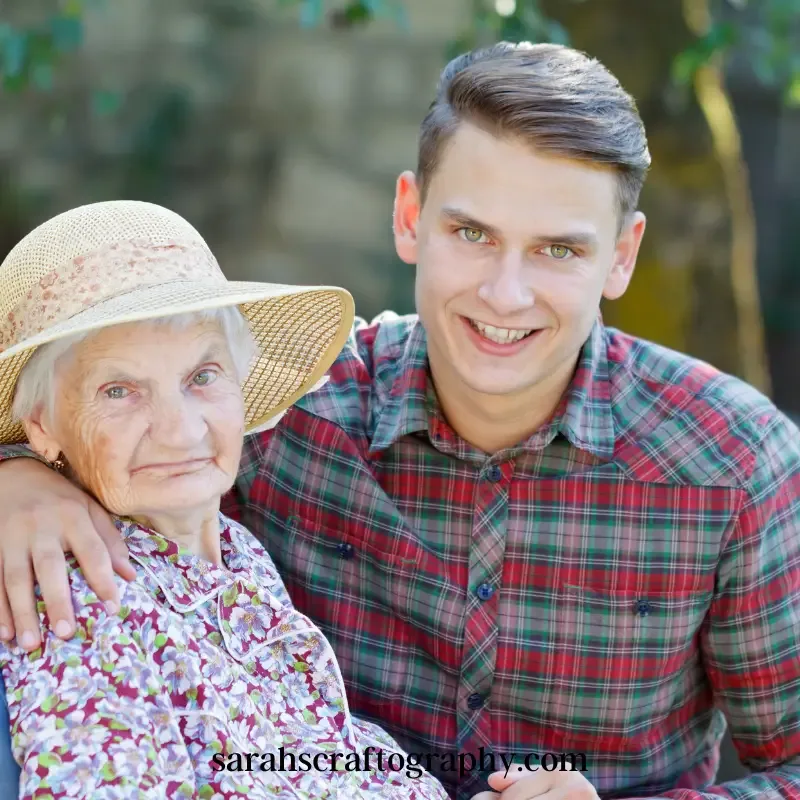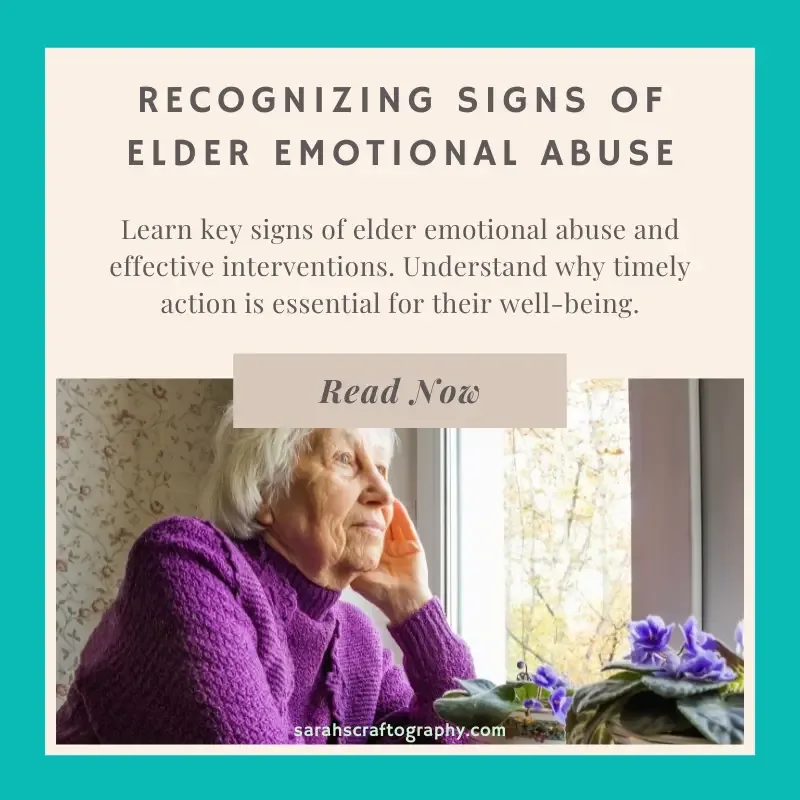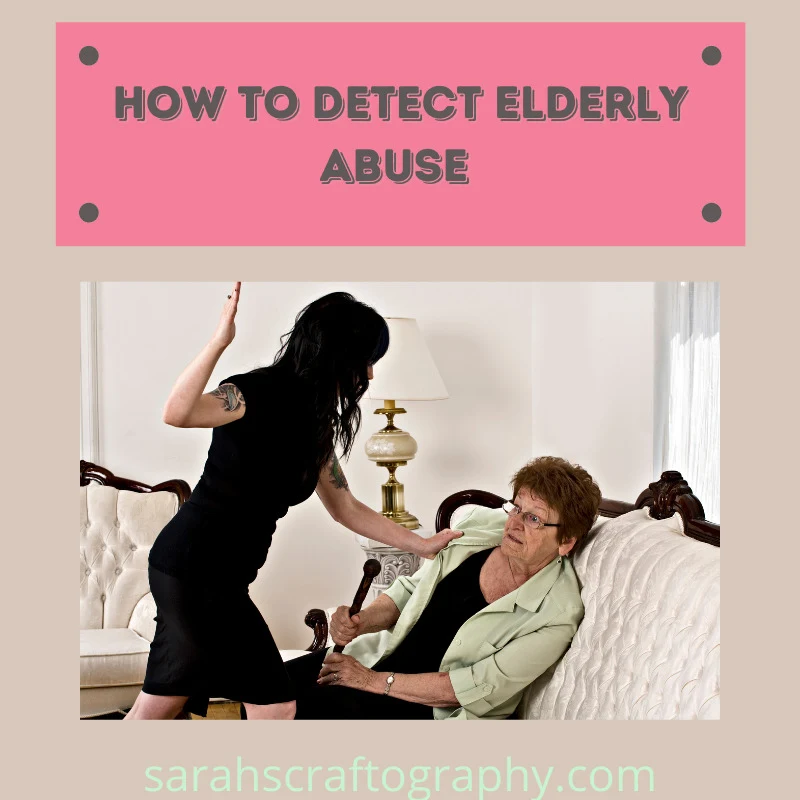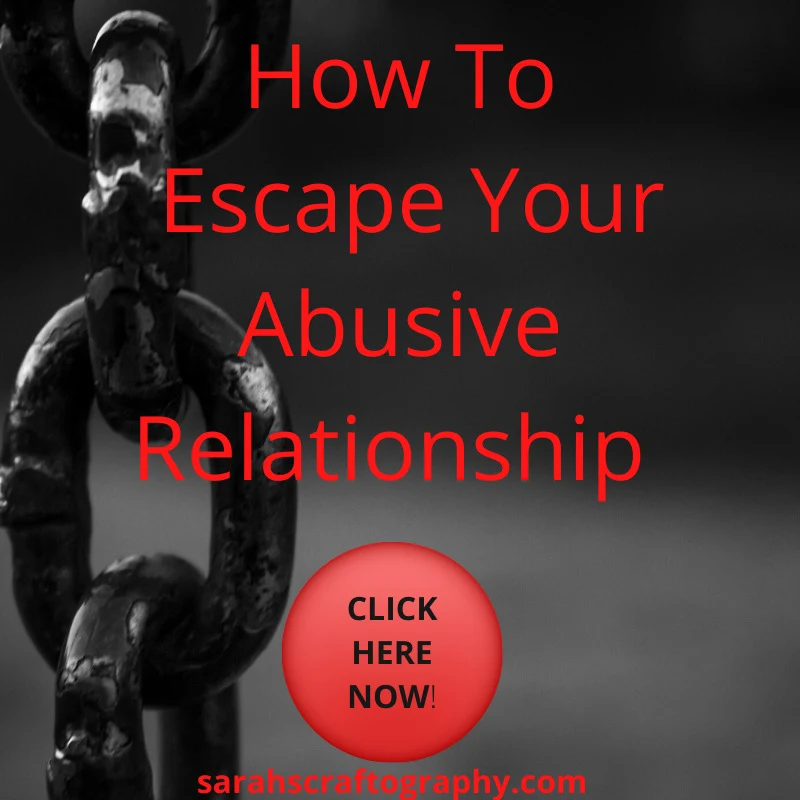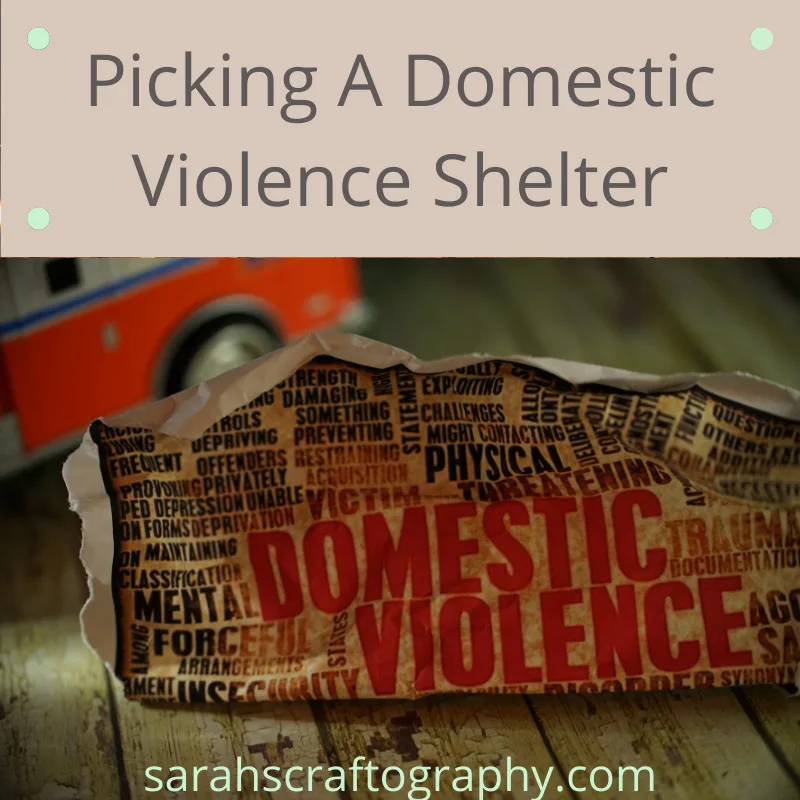Have you ever seen signs of elder emotional abuse without knowing it?
Elder emotional abuse is like a hidden enemy, quietly causing harm where it's least expected.
In this post, we'll explore the quiet but serious signs of this emotional abuse, and why it's so important to notice them.
Often, older people suffer quietly because many people think being unhappy is just part of getting older.
We'll challenge that idea and show you how to spot the signs of abuse and help.
Let's learn together how to protect our elders and give them the joyful, respectful lives they deserve.
What is Elder Emotional Abuse
Elder emotional abuse is a serious problem that often happens without anyone noticing.
It includes mean words and controlling actions that deeply hurt elderly people, leaving them feeling sad and alone.
Imagine if every time an elderly person spoke, someone told them their ideas were silly or made them feel bad for even speaking.
This kind of treatment can make someone feel very small and unimportant.
Over time, it can even change how they act, making them quiet and withdrawn when they used to be lively and happy.
Another common form of emotional abuse is isolation.
This happens when someone keeps an elderly person away from their friends and family.
Without regular visits or phone calls, life can get very lonely.
Think about how you feel when you haven't seen your friends for a long time—it's not good, right?
It's the same for elderly people.
These examples show how serious and sneaky elder emotional abuse can be.
It’s not just about big, obvious mean actions but also about small, subtle changes—like no longer hearing laughter in the house or seeing someone stop doing things they love because they're sad or scared.
It's really important to pay attention to these signs and help out.
Elder abuse gets worse when it's ignored.
By noticing and doing something about it, we can protect our elderly loved ones and make sure they feel safe and cared for in their later years.
Let’s make a promise to look out for and support our elders.
They deserve to live their golden years in peace and love, not in fear and loneliness.
Recognizing the Subtle Red Flags
Elder emotional abuse is a deeply troubling issue that often flies under the radar.
This type of mistreatment leaves invisible scars, manifesting in behaviors and emotional states that may initially seem perplexing.
Recognizing these signs is crucial to providing the necessary support and intervention.
Take, for instance, withdrawal—a significant red flag.
It's heart-wrenching to see a lively, sociable elder suddenly retreat into a shell.
Imagine your once vibrant Uncle, who loved his weekly bingo games, now preferring to stay locked away in his room.
This isn't just a random preference shift; it's often a response to emotional distress.
Sudden mood swings are equally telling.
Picture Grandma, who was always the epitome of warmth, now snapping sharply over trivial matters or sinking into sudden bouts of sadness.
These aren't just bad days; they're possible cries for help, signs that all is not well in her world.
Then there's the palpable fear and confusion.
If an elder starts to appear unusually anxious or seems perpetually confused, especially around certain individuals, take note.
It's like seeing someone always looking over their shoulder, whispering in corners, or jumping at benign comments.
This isn't mere caution; it's often an indicator of fear instilled by consistent emotional bullying.
Observing these changes in our loved ones isn't easy, but it's necessary.
By paying close attention to these signs—withdrawal, mood instability, and uncharacteristic fear—we can begin to piece together a clearer picture of their emotional state.
It's about more than just identifying a problem; it's about understanding the deep impact on their lives and stepping in to redirect their path away from fear and isolation and towards safety and affection.
Addressing elder emotional abuse requires a vigilant, compassionate approach.
By acknowledging these signs and taking action, we can help shield our elders from harm and restore joy to their lives, ensuring their later years are filled with the respect and love they deserve.
Emotional Abuse: Unseen Scars in Elders
Elder emotional abuse can deeply impact an elderly person's health, affecting both their mental and physical well-being.
This type of abuse, which often goes unnoticed, can leave lasting emotional scars and lead to serious health issues over time.
The immediate effects of emotional abuse can be quite severe.
For example, harsh or demeaning words might trigger acute stress reactions in an elderly person.
This stress can manifest physically as increased blood pressure, persistent headaches, or disrupted sleep patterns.
Over time, these acute stressors can evolve into chronic health issues such as anxiety or depression, potentially leading to poor nutrition and a weakened immune system.
In the long term, the continuous stress caused by emotional abuse can contribute to more severe conditions.
For instance, chronic stress is known to increase the risk of heart disease and diabetes and can lead to a condition resembling post-traumatic stress disorder (PTSD).
The mental health of the elderly can also deteriorate, leading to doubts about self-worth, chronic fear, and a pervasive sense of threat that makes everyday interactions distressing.
It is essential to recognize the signs of elder emotional abuse as early as possible.
By doing so, we can intervene and provide the necessary support and care.
Creating a supportive environment, filled with transparency and love, can help alleviate these stressors.
Addressing the abuse and fostering a healing environment can greatly improve the quality of life for the elderly, allowing them to regain their confidence and live their later years with the respect and peace they deserve.
Immediate Steps to Address Emotional Abuse
When you suspect elder emotional abuse, taking action is essential.
The initial step is to have a sensitive conversation with your elderly loved one.
Choose a quiet, comfortable setting, perhaps with a warm drink, and encourage them to open up about their experiences.
Listening attentively and empathetically can make a significant difference.
If they disclose experiences of emotional turmoil, reassure them that distress isn't an inevitable part of aging.
Following this, it's crucial to connect with appropriate professionals.
Here are some valuable resources both in Ohio and across the United States that can offer assistance:
1. **Ohio Department of Aging** - They provide a toll-free line at 1-800-266-4346 for reporting abuse and getting connected to local services.
2. **Adult Protective Services (APS)** - For Ohio residents, you can contact APS through the Ohio hotline at 1-855-OHIO-APS (1-855-644-6277). For other states, you can find local APS contact information via the National Adult Protective Services Association website.
3. **Elder Care Locator** - A nationwide service that can help connect to local resources, reachable at 1-800-677-1116.
4. **National Center on Elder Abuse (NCEA)** - They provide information, resources, and referrals for dealing with elder abuse. Visit their website for access to various tools and state-specific information.
5. **Legal Aid** - For legal assistance and advice, the Ohio Legal Help website offers guidance on elder law issues, or you can contact a local legal aid office through the American Bar Association website for services in any state.
Suggesting therapy might also be beneficial.
Therapists or counselors can offer a safe space for elders to express and work through their feelings.
Consider therapy as a beacon, illuminating the path to recovery from emotional distress.
Stay supportive and observant as your elder navigates through these challenges.
Change takes time, and your ongoing support is vital in helping them regain a sense of security and well-being.
By taking these steps, you help ensure that your loved one can live their later years with the respect and peace they deserve.
Remember, every elder has the right to a safe and joyful life, free from abuse.
In the delicate twilight of their lives, our elders deserve to bask in warmth and respect, not suffer in the shadows of emotional neglect.
Elder emotional abuse is a grievous issue that hides in plain sight, subtly undermining the spirits of those we hold dear.
Recognizing the signs of this abuse is the first crucial step towards nurturing an environment where our elders can thrive with dignity and joy.
Throughout this blog post, we've explored how to identify and respond to elder emotional abuse, emphasizing the importance of open communication, professional support, and legal resources available both in Ohio and nationwide.
These tools are not just mechanisms for intervention, but lifelines that can restore peace and ensure safety.
As we close, remember that protecting our elders from emotional abuse is not a passive task but an active commitment to their well-being and happiness.
Let us not just be observers but active participants in safeguarding their well-being.
Reflect on how you might contribute to making the golden years of someone's life truly golden.
Whether it’s through being more attentive, educating others, or supporting elder care initiatives, every action counts.
Let's pledge to keep our elders safe, cherished, and respected.
After all, a society that honors and protects its elders is one that truly understands the value of compassion and respect.
What steps will you take today to ensure the elders in your life are treated with the love and dignity they deserve?
Domestic Violence
How To Detect Elderly Abuse
Do you know an elderly person you think maybe experiencing elderly abuse? I have some ways to detect elderly abuse and get help for them.
How To Escape Your Abusive Relationship
Have you ever wondered how make an escape plan? I am a survivor of domestic violence, here's how to escape your abusive relationship.
Picking A Domestic Violence Shelter
Have you wondered if a domestic violence shelter is right for you? Here are some things you need to consider before making that choice.


